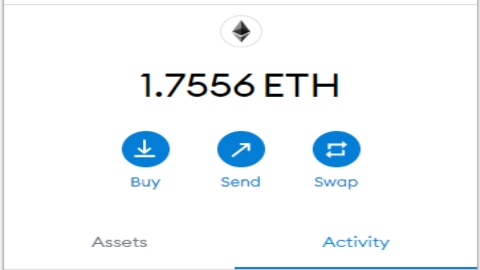Yesterday, the Economic Affairs Committee (CAE) of the Brazilian Senate unanimously approved a new bill to regulate the bitcoin (BTC) market and other cryptocurrencies in the country. The text, presented by Senator Irajá Abreu, will go directly to the Chamber of Deputies for analysis, before being transferred for presidential sanction.
According to the proposal, once the law is approved, companies that are already operating in the Brazilian financial market they will have at least six months to adapt to the new rules. The document approved by the senators determines that it will be the government that regulates the use of cryptocurrencies by Brazilians, according to report of local media.
The proposal itself defines rules for the operation of cryptocurrency service providers in Brazil and provides for the prior authorization of the Central Bank for the performance of these companies.
The author of the proposal Irajá Abreu he pointed what the approved text was prepared in conjunction with the Central Bank, the Securities Commission (CVM) and the Federal Revenue Secretariat of the South American country. However, his idea is that the matter moves quickly in Parliament.
To make it, will meet with the deputy Aureo Ribeiro with the idea of discussing and presenting a single text that advances quickly. Ribeiro is the rapporteur for a similar proposal that has been processed in the Chamber of Deputies since last year, as reported by CriptoNoticias.
We want to make a common text that will serve the Central Bank, the Securities Commission, the Stock Exchange and the private market, because we cannot allow the cryptocurrency market to be an instrument for money laundering and currency evasion. The idea of the bill is to create an environment that stimulates the market and also protects good investors.
Senator Irajá Abreu, proponent of a bill to regulate cryptocurrencies.
Among other things, the bill presented by Abreu defines crypto assets as “digital representations of value that can be traded or transferred electronically and used for payment or investment purposes.”

According to the Law, a cryptocurrency exchange, and service providers in general, are legal entities that are allowed to “participate in the provision of financial services”. These are allowed to exchange between cryptocurrencies and other virtual assets, as well as between crypto assets and the Brazilian real, which is the country’s legal currency.
Brazil, the largest bitcoin regulator in Latin America
Upon approval of the bill, Brazil will become the largest cryptocurrency regulator in Latin America.
The interest of the Central Bank and other institutions to regulate the market for bitcoin and other cryptoactives has increased in the country as the adoption of Bitcoin soars. The figures published reveal that Brazilian taxpayers reported a total of 200,000 million reais from cryptocurrency transactions to the Federal Revenue Secretariat last yearmore than double the amount recorded in 2020.
Additionally, the average number of people reporting crypto transactions increased from 125,000 per month in 2020 to 459,000 per month in 2021, an increase of 260%.
However, cryptocurrency fraud has also increased in the Brazilian market. Therefore, the bill presented by Abreu includes the crime of fraud in the Penal Code for the provision of cryptoactive services for illicit purposes.
In this sense, the text indicates that “organizing, managing, offering portfolios or intermediating operations that involve virtual assets, in order to obtain an illicit advantage, to the detriment of others, induce or keep someone in error, by artifice, trick or any other fraudulent means, sentenced to up to eight years in prison, in addition to a fine.
On the other hand, the text also provides for the exemption of some taxes, such as import, for the purchase of bitcoin mining equipment. This exemption will only apply to companies that use 100% renewable energy in their operations and neutralize 100% of greenhouse gas emissions.
With that, Brazil is included among the Latin American countries that encourage digital miningsuch as El Salvador and Argentina that stand out as Latin countries with potential for Bitcoin mining.
In El Salvador, there is “a plan to offer Bitcoin mining facilities with very cheap, 100% clean, 100% renewable energy and zero emissions, taking advantage of volcanic activity,” as Salvadoran President Nayib Bukele pointed out.
